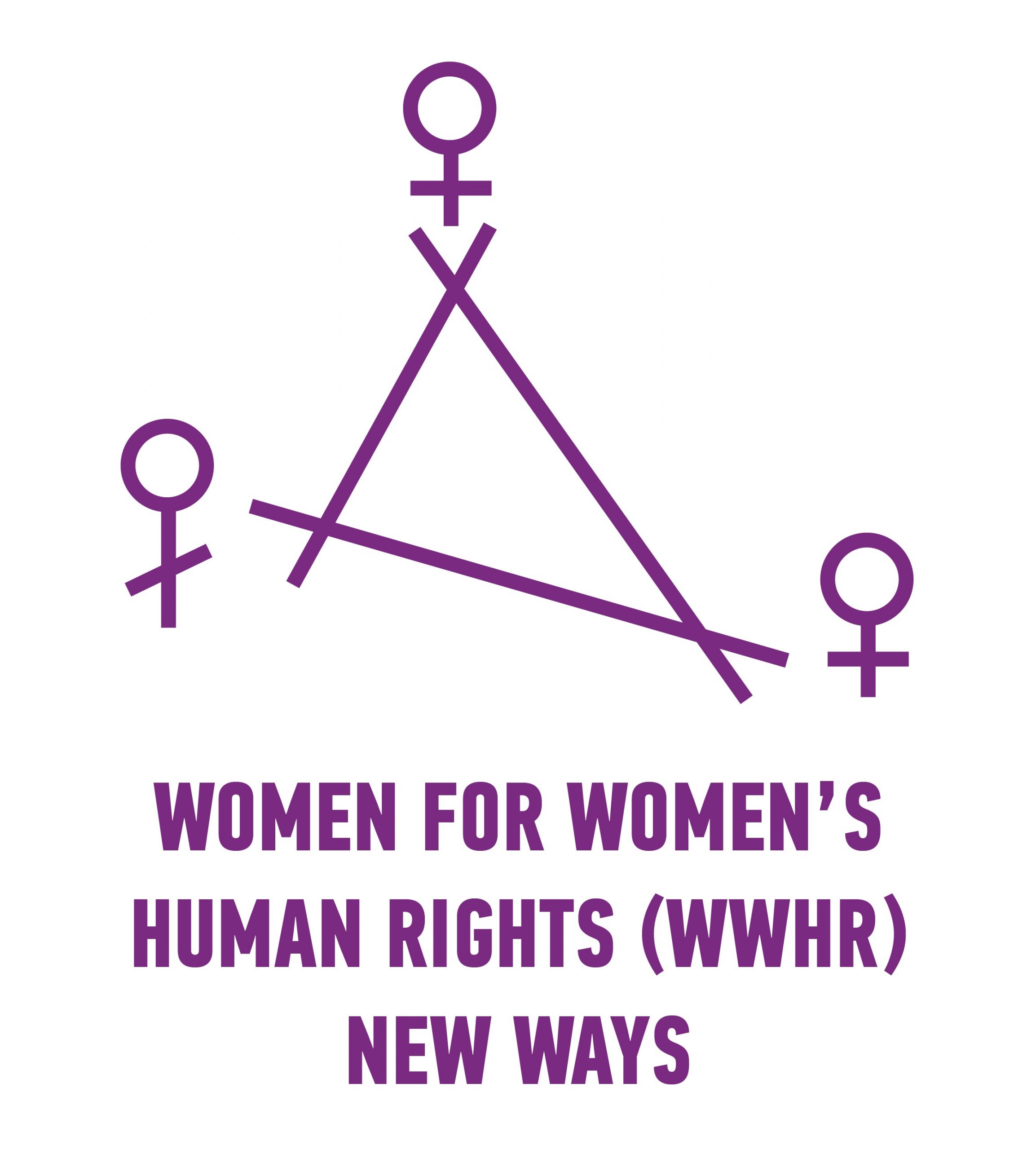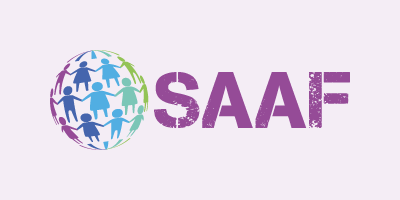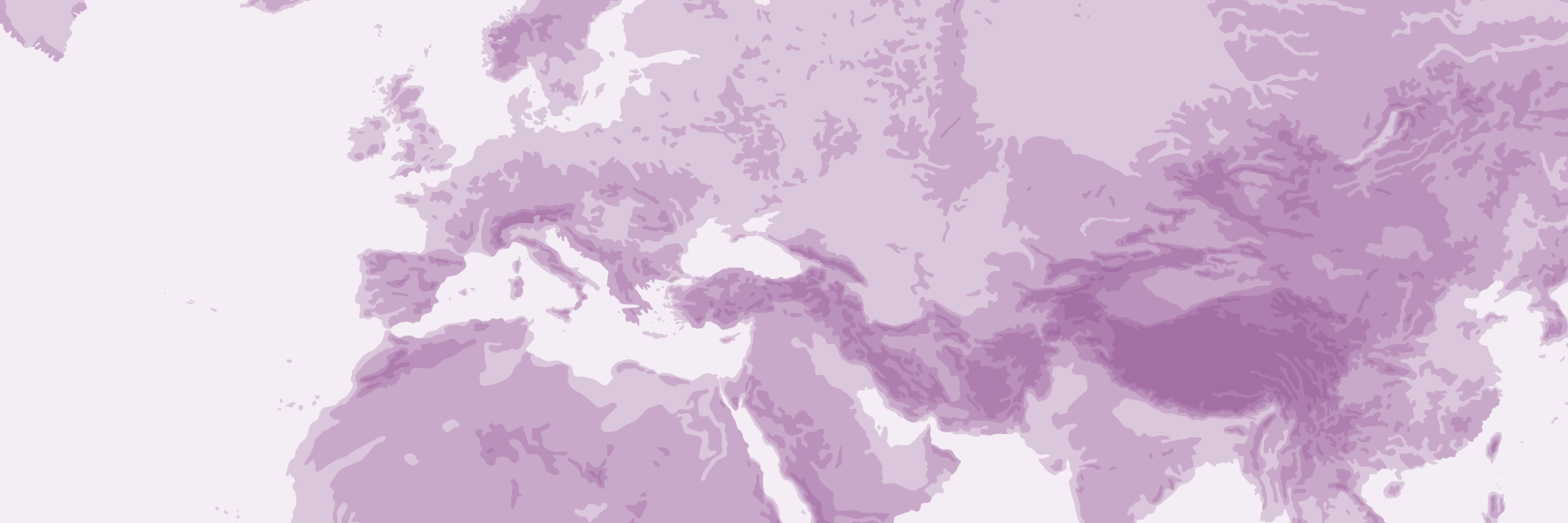
Eastern Europe and Central Asia
REGIONAL
REGIONAL TRAINING CENTRE (RTC)
Despite permissive laws and a well-developed network of facilities, access to high quality contraception, abortion and reproductive health care is denied to many women in Eastern Europe and Central Asia with a consequence that a quarter of all maternal deaths in the region are due to unsafe abortion.
The Regional Training Center based in Moldova plans to improve on this by supporting countries in the region to improve access to high quality, safe abortion services. Following the launch of the WHO’s new abortion guidelines in 2022, RTC works to encourage health ministries in the region to implement its recommendations, with a focus on support for self-managed abortion care.
Visit the Regional Training Center website.

ACPD, the IPPF Member Association in Albania, was established in 1993 to protect the human rights of vulnerable groups, with a focus on reproductive health and rights. It operates two clinics (in Tirana and Vlora) that provide reproductive healthcare services, psychosocial counselling, and maternal and newborn healthcare services.
Though there are legal provisions for abortion access in Albania, medical abortion is not available and women are still seeking unsafe methods of ending pregnancies. ACPD will use SAAF funding to advocate for the licensing of Mifepristone in the country, and work with various stakeholders to introduce the provision of medical abortion. Alongside this they will develop a public campaign to increase knowledge and acceptability of medical abortion and also train 100 health care providers on high-quality abortion provision.
Visit ACPD's website.

armenia
women's resource center
The Women's Resource Center (WRC) is a feminist organisation based in Yerevan, Armenia. Though abortion is legally permitted in the country, it remains a highly stigmatised and politicised topic and provider refusal is increasingly a barrier to access.
WRC will work to improve understanding of and acceptance of abortion in Armenia by first carrying out a national survey on the barriers people are facing when seeking sexual and reproductive health care. The findings will be used to advocate for improved provision of services and to engage with key decision makers on the topic. By establishing a nationwide network of community-based OB-GYNs who actively champion accessible abortion services WRC will create partnerships and a united front for abortion reform.
To improve the support that women receive, WRC will train women’s rights organisations to provide rights-based, non-discriminative counseling, accurate information, and community outreach on safe abortion and SRHR, with a focus on marginalized women.
Visit the Women's Resource Centre website.
bosnia and herzegovina
sarajevo open centre (SOC)
Sarajevo Open Centre (SOC) works to advance human rights in Bosnia and Herzegovina (B&H), with a focus on the rights of women and LGBTI people. Their own research has already exposed issues with abortion access – provision of services is patchy, and where abortion is available it is often overpriced, and performed without proper anaesthesia, counselling and support.
Noting the rise of right-wing, anti-abortion rhetoric, SOC will engage with civil society organisations in B&H, as well as other countries in the region, to mobilise a feminist activist movement in support of safe and accessible abortion services. They will conduct comprehensive research into the status of abortion services in B&H and use it to engage decision-makers, medical experts and politicians in a proactive, united campaign for progress on reproductive rights.
Visit SOC's website.
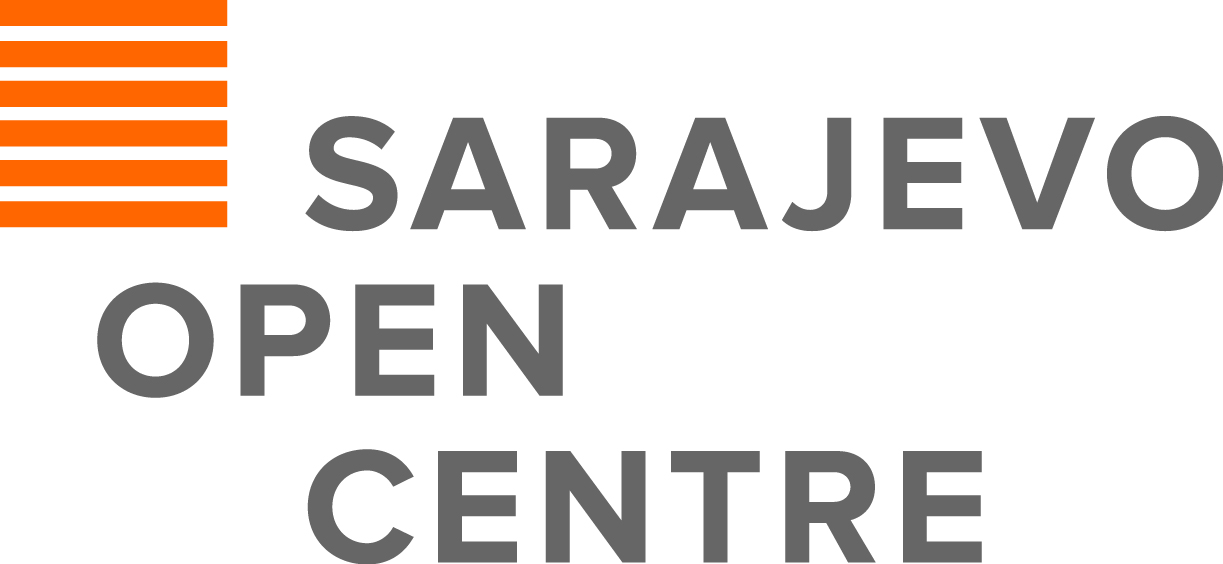
Kyrgyzstan
Family Planning Alliance (AFP)
Due to lack of access to adequate contraceptive supplies exacerbated by recent cuts from international donors to the government, unwanted pregnancy is extremely high in Kyrgyzstan with abortion being the main method of family planning. To address this the Family Planning Alliance is running its second project supported by SAAF to improve access to safe abortion care in the country.
Although abortion is available within the public health system, the methods used are mostly not recognised as modern safe methods according to the WHO and medical abortion is not widely available. Having managed to achieve the registration of the combination medical abortion drug Medabon during their previous SAAF-funded project, AFP aims to increase access to this safe method by addressing supply and distribution barriers in order to ensure availability of quality medicines for safe abortions with affordable prices. This is with the overall goal of ensuring that women throughout the country are able to realize their rights to safe abortion and have access to quality reproductive health care.
Visit the Family Planning Alliance (AFP) website.

RHTC has made significant progress in the past few years improving access to comprehensive abortion care in Moldova, however they have identified gaps in access in the post-conflict region Transnistria. Although abortion via telemedicine has been successfully introduced in mainland Moldova, those living in Transnistria were not able to access this service, due to a border between the two regions.
RHTC will work with healthcare providers in Transnistria to improve understanding of high-quality abortion care, and will support the establishment of a telemedicine service for medical abortion. They will work closely with seven healthcare centres to ensure this service is sustainable, and in particular, accessible to those who are currently most underserved.
Visit the Reproductive Health Training Center website.
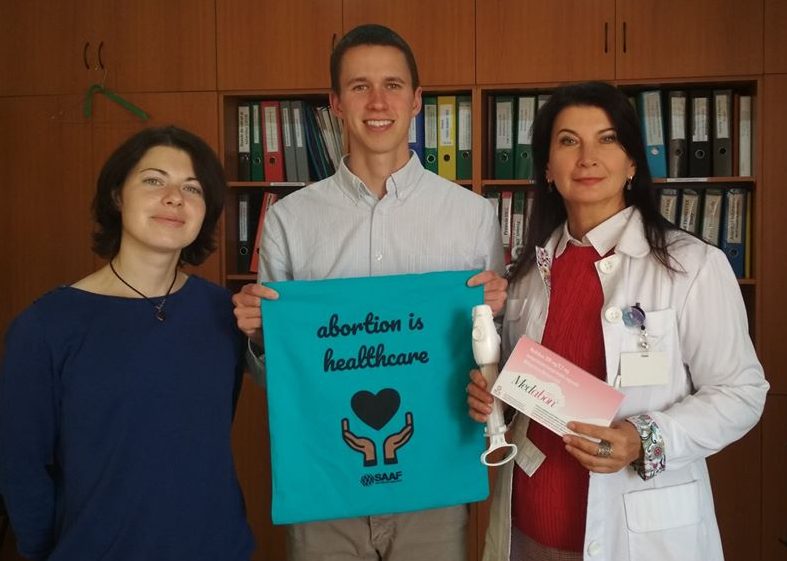
north macedonia
Health Education and Research Association (HERA)
As the largest civil society provider of reproductive health and social services in North Macedonia, HERA serves over 7,000 clients annually, focusing on sexual and reproductive health, mental health, and gender-based violence.
Though abortion is legal in North Macedonia, access is still restricted for those living outside of the capital, and especially for marginalized groups such as Roma women, sex workers and those with disabilities. HERA will work to improve access to safe abortion services for these groups through their service delivery point in Bitola (in the South of the country) and via the development of a telemedicine platform.
They will establish an abortion centre to pilot medical abortion services to increase access for those living in remote areas. This will be part of work to revise the national clinical protocol on abortion, including telemedicine and self-managed abortion which they hope will be approved by the Ministry of Health to improve access on national scale.
Visit the HERA website.

Tajikistan
Tajik Family Planning Alliance (TFPA)
TFPA applies innovative approaches in providing access to information, resources and services in the field of SRHR, including safe abortion for vulnerable segments of society in Tajikistan. It is driven by the needs of people and communities from remote regions of the country as well as by high standards of professionalism, the involvement of representatives of socially excluded groups, and the promotion of good practices and partnerships.
TFPA has re-opened its clinic in Dushanbe and uses a cross-subsidization scheme to provide safe quality reproductive health, family planning, and abortion care to vulnerable women and girls free of charge. They also advocate for an update to Tajikistan’s safe abortion protocol and sustainable funding for the implementation of a national reproductive health programme from the government.

Working in partnership with Mor Çatı Women's Shelter Foundation, with technical support from Women on Web, WWHR will work towards improving access to abortion rights in Turkey. As one of the founders of the Coalition for Sexual and Bodily Rights in Muslim Societies, WWHR has been advocating for and actively working towards sexual and bodily rights at the national, regional and international level for decades.
Though the law allows for abortion on request up to 10 weeks of pregnancy, people seeking abortion care in Turkey still face many barriers. Abortion is stigmatised, and practical information about where to seek care is often censored. Medical abortion is not available within the healthcare system, and doctors have been known to discriminate against people seeking abortions, turning many women away who fit the legal criteria.
WWHR will work to improve the knowledge and capacity of healthcare providers, feminist groups, and those who may need to seek abortion care. They will also advocate for progressive changes to improve the implementation of the law and remove barriers to care.
Visit WWHR's website.
